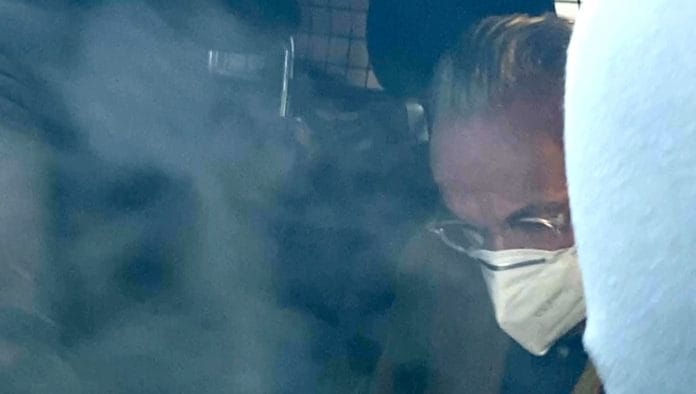New Delhi: The arrest of supporters of a far-right group in Germany, who were reportedly plotting a coup to install a descendent of a German royal family as the head of state, has rekindled memories of Adolf Hitler’s 1923 “Beer Hall Putsch”, also known as the “Munich Putsch”.
Termed the biggest “radical rightwing conspiracy” in Germany’s 73-year history, the group of far-right and former military figures were allegedly planning to storm the Reichstag building and seize power. They are said to have been inspired by the Reichsbürger group, which does not recognise the Federal Republic of Germany as a sovereign state, as well as QAnon conspiracists.
Heinrich XIII Prince Reuss, the 71-year-old descendent of a German noble family believed to be the ringleader of the far-right group, was also arrested in a series of police raids on Wednesday morning. Not only has the group been termed a domestic terrorist organisation, German prosecutors also revealed that it was plotting a coup since November 2021.
According to Germany’s Public Prosecutor General, the right-wing movement was planning to set up administrative structures, procure military equipment and actively recruit new members. The participants were reportedly keen to use “military means and violence against state representatives” to achieve their goals.
The central body of the group is the “Council”, headed by Henry XIII Prince Reuss, claims the Public Prosecutor General.
Reports have likened the beliefs of the group to that of those who participated in the insurrection of the US Capitol building on 6 January, 2021.
Also Read: Some Iranian clerics are speaking out against regime’s crackdown on protests. What it could mean
1923 Beer Hall Putsch & why did it fail?
The failed attempt by Heinrich XIII Prince Reuss’s movement has rekindled memories of a coup organised by the National Socialist German Workers’ Party (NSDAP), or simply the Nazi Party. Though the coup was successfully suppressed by the police, it changed the course of German history because it brought Adolf Hitler to the attention of the people.
On 9 November, 1923, at a time when Germany was facing high inflation, Hitler and the Nazi party attempted to launch a revolution in Munich — known as the Munich Putsch. At that time, the NSDAP had grown significantly, with nearly 55,000 members.
The outfit planned to overthrow the Weimar Republic or the German Reich, which was the government of Germany from 1918 to 1933. Hitler and his supporters began their march at Bürgerbräu Keller, a beer hall in the Bavarian city of Munich. This is why the foiled coup was also known as the “Beer Hall Putsch”.
However, they only made it past the city center.
The insurrection proved unsuccessful following clashes between the German police forces and Nazi stormtroopers in the city center. Several of Hitler’s supporters died in these clashes, and he was subsequently arrested. By the end of the February 1924 trial, Hitler had instantly shot to fame. The coup attempt made national and international headlines.
A 1997 research paper published in London School of Economics and Political Science points out that the Beer Hall Putsch received world-wide media attention, and even covered by American newspapers in small cities such as Omaha and Newark.
Hitler was convicted of high treason and sentenced to four years in prison. It was in jail, while serving out his sentence for the failed coup, that Hitler wrote ‘Mein Kampf’ (My Struggle), a book that promoted the key tenets of Nazism, antisemitism and other racist ideologies.
(Edited by Tony Rai)
Also Read: Doing research in Israel, Indian post-docs say can’t get jobs at ‘biased’ institutes back home






